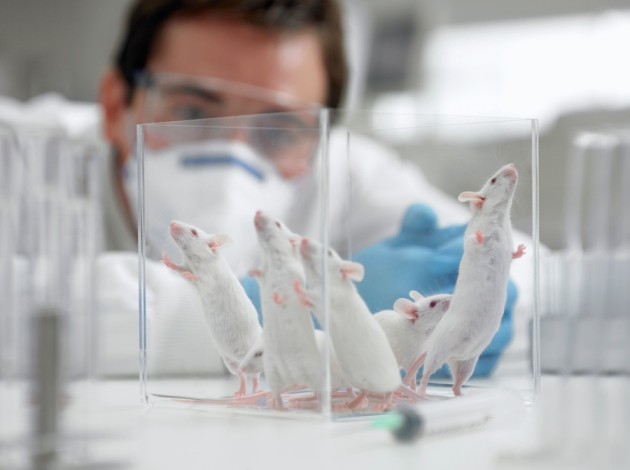Switching Off a Single Enzyme Could Protect Against Obesity and Diabetes, Study Finds

To families around the world, the dinner table often brings both joy and worry. While sharing meals is a cornerstone of family life, modern diets, especially those high in fat and processed foods, are fueling a global surge in obesity, diabetes and related illnesses. Now, scientists say they may have uncovered a surprising biological ‘off switch’ that could one day help curb these conditions.

In a new study, researchers identified an enzyme in immune cells called CAMKK2 that appears to play a pivotal role in diet-related diseases. By disabling this enzyme in mice, the team found they could prevent weight gain, type 2 diabetes and even fatty liver disease, conditions that have become increasingly common across generations.
The scientists engineered mice so that their myeloid cells, including macrophages (key players in the immune system), lacked the CAMKK2 enzyme. The results were striking. Even when fed a high-fat diet, the CAMKK2-knockout mice stayed leaner and healthier than their normal counterparts. They maintained lower blood sugar and insulin levels, showed better glucose tolerance and resisted the fat buildup that often accompanies modern eating habits.
What stood out to researchers was not just the mice’s resistance to weight gain, but how their immune systems and metabolism adapted. Macrophages without CAMKK2 shifted toward an anti-inflammatory state, improved energy use in their mitochondria and triggered a process known as ‘Beiging’ in fat tissue. This meant their bodies were more inclined to burn fat for heat and energy rather than store it. A metabolic advantage that could have profound health implications.
In regards to families coping with the daily realities of diabetes or obesity, the research offers hope. These diseases don’t only affect individual health, they ripple through households, straining finances, emotional well-being, quality of life, just name it. Parents in particular, often worry about children inheriting not only their genes but also their lifestyle habits, leading to a cycle of illness that can span generations.

Still, experts caution that the leap from mice to humans is a long one. Current ways of blocking CAMKK2 are not safe or practical for people yet, and more evidence is needed to confirm how strongly the enzyme influences fat burning in living organisms. Even so, scientists believe the enzyme could become a valuable therapeutic target, not only for metabolic disorders but also for conditions like atherosclerosis, certain infections and even cancers.
As research moves forward, the study emphasizes a powerful truth. Whereas diet and exercise remain essential tools for families to manage health, biology itself may hold keys to tipping the scales against obesity and diabetes. Unlocking enzymes like CAMKK2 could one day help rewrite the story of how society combats some of its most pressing chronic diseases.







